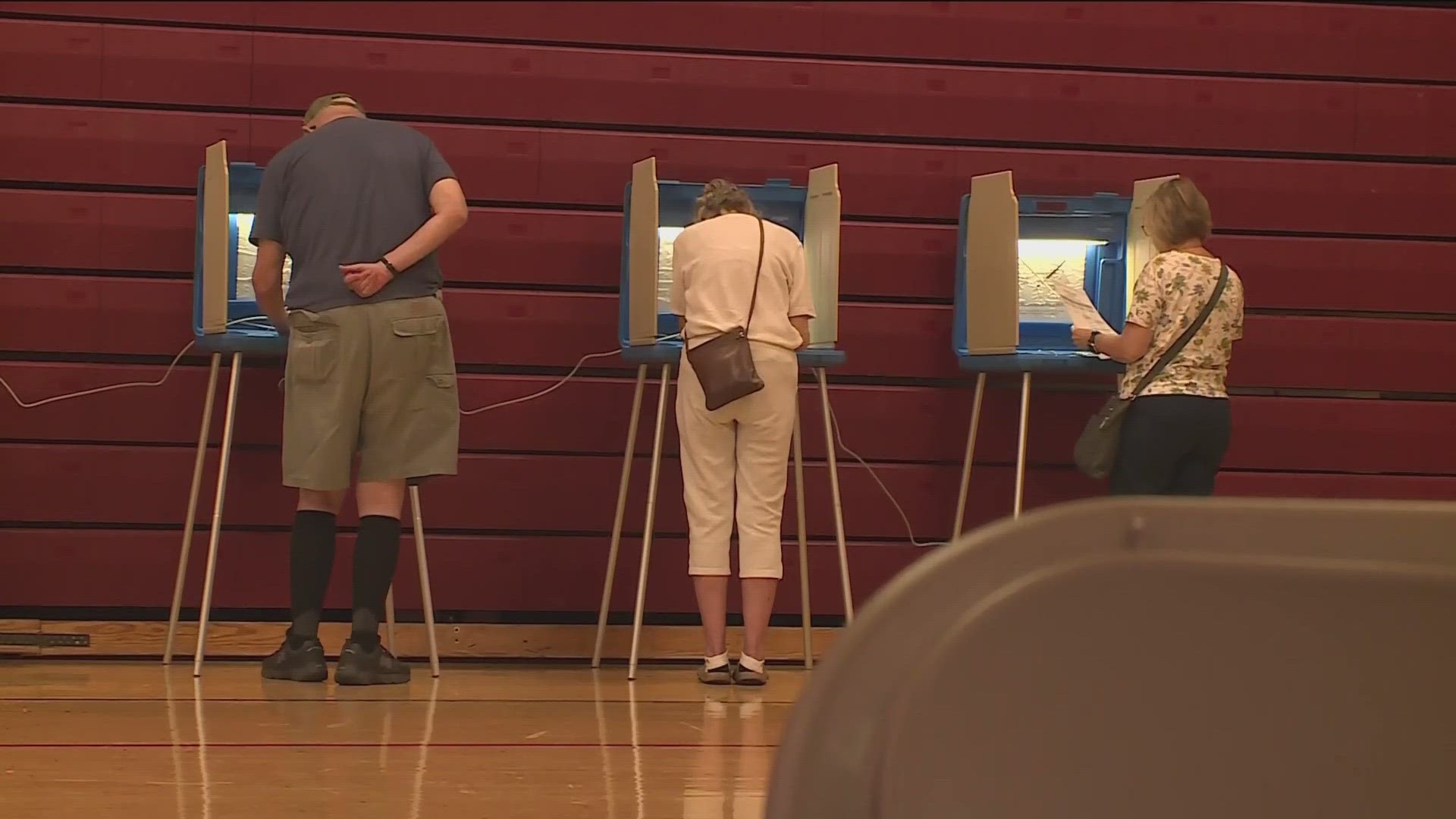ST PAUL, Minn. — For nearly 60 years, Americans could bring lawsuits for violations of the Voting Rights Act of 1965. But, in Minnesota and six other states, that's no longer a possibility.
"Over the past several decades hundreds of such lawsuits have made their way through the system, including at least two or three that made it all the way to the Supreme Court, but no court ever challenged the underlying assumption there was a private right of action until last November," Minnesota Secretary of State Steve Simon told lawmakers Monday.
In November, a panel of judges from the Eighth Circuit US Court of Appeals ruled there's no private right of action under the federal voting rights act, asserting only the US Attorney General can bring legal challenges under the federal voting rights act.
Historically the overwhelming majority of cases filed under the Voting Rights Act were from individuals, not by the Attorney General. The November ruling was against the NAACP of Arkansas, but it applied to all seven states in the Eighth Circuit, including Minnesota.
"Minnesotans no longer have the full protection of the federal voting rights act," Sen. Bobby Joe Champion, a Minneapolis Democrat, told colleagues during a hearing in the Senate Judiciary Committee Monday.
RELATED: Federal appeals court deals a blow to Voting Rights Act, ruling private plaintiffs can't sue
Champion is the lead author of the Minnesota Voting Rights Act, which would restore the right of private action for efforts by governmental entities to suppress the votes of protected classes, or dilute their votes through gerrymandering of political boundaries.
"This bill would ensure that Minnesota voters once again have the challenge discrimination that they experience. We believe that voting is a part of our democracy."
Six states have already passed their own voting rights acts. Minnesota is one of six states currently considering doing the same thing. Secretary of State Simon supports the effort.
"It's just a day in court. It doesn't mean they're going to win. They might not. They're gonna win sometimes, they're gonna lose sometimes," Simon said. "But everyone under the voting rights act should have a day in court and not depend on a friendly or sympathetic attorney general to do that."
The bill would bar localities from taking actions that make it harder for persons of color to vote, such as closing a polling places or limiting early voting. Champion's bill would allow citizens or interest groups to make a claim short of going to court, and then to pursue the court option if that doesn't work.
"Because we want to be sure there’s engagement and talking before people go into expensive litigation and start doing other things," Champion said.
One possible remedy to resolve a violation would be to expand early voting hours, or add polling places to ensure access for voters in areas that were traditionally excluded or disenfranchised.
That idea sparked questions from Republicans on the committee.
"If you maximize the number of polling locations you very well could maximize the vote in one precinct, at the expense of everyone else's," Sen. Warren Limmer, a Maple Grove Republican, asserted.
Blaine Republican Michael Kreun asked if Republicans or aligned groups could intervene in cases, to argue the voting rights laws haven't been violated.
"It seems like in the name of civil rights you could manipulate voter turnout pretty easily based on that, you could manipulate it to favor DFL areas."
The Judiciary Committee passed the bill on a voice vote and sent it to the full Senate for consideration at a later day.

